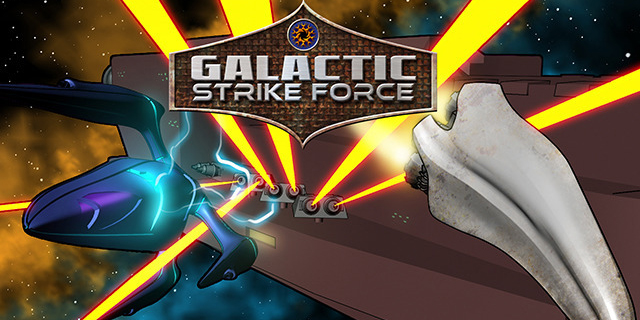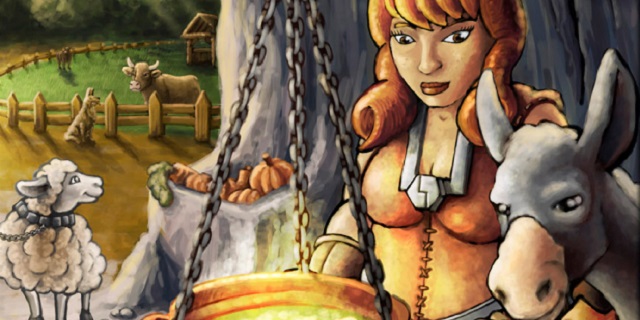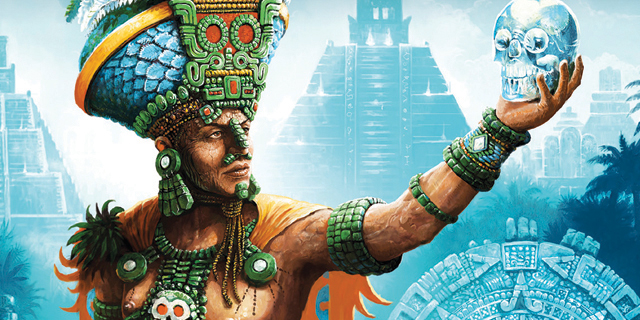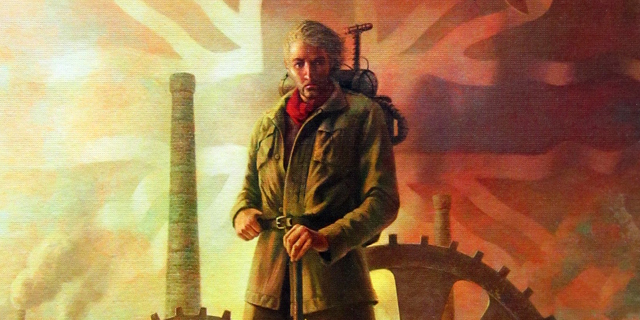
The worst outcome for a first-time game designer is, ironically, capturing lighting in a bottle. Yes, you get all the benefits that come from a brilliant creation that captures the hearts and minds of players. But what can you do for a follow-up that could possibly compare favorably? This was the situation in which Greater Than Games found itself as it had to release its new cooperative space-ship deckbuilding game Galactic Strike Force in the wake of its monumentally-successful cooperative comic book superhero game Sentinels of the Multiverse. Did the team recapture the magic of Sentinels, or did it hit the somewhat inevitable sophomore slump? The answer is a little of both. READ MORE

Seven years ago, Uwe Rosenberg’s Agricola took the modern board gaming world by storm, winning award after award and entrenching itself firmly atop the BoardGameGeek.com ratings, where it still resides comfortably as the third highest-rated game of all time. Its not flawless by any means, and many gamers opt to not even use the best — and to be fair, most complicated — aspect of the game: the occupation and minor improvement cards. The “family game” version sacrifices variability for simplicity, but loses little to none of the worker-placement struggle to avoid starvation as you develop your own farm. Now Rosenberg has revisited many of his Agricola mechanics for a sequel of sorts in Caverna: The Cave Farmers, which eliminates the cards altogether to provide one unified experience. READ MORE

The whole “Mayan Calendar” doomsday scenario of late 2012 was an amusing, if ultimately pointless, event that will largely vanish into memory as time passes. For board game fans, however, it will forever be immortalized by the brilliant Tzolk’in: The Mayan Calendar, designed by Italian Daniele Tascani with help from fellow countryman Simone Luciani. Tzolk’in appeared on a truly impressive number of year’s best lists from late 2012 to early 2014, winning a half-dozen awards and nominated for at least twice as many more in that span. READ MORE
 Worker placement is a recurring mechanic in a lot of modern board games. One of the very first games to use this mechanic was Caylus, designed by William Atta almost ten years ago. Nearly a decade after his debut creation, Atta has returned to the worker placement mindspace and turned it into Spyrium with some unique modifications. READ MORE
Worker placement is a recurring mechanic in a lot of modern board games. One of the very first games to use this mechanic was Caylus, designed by William Atta almost ten years ago. Nearly a decade after his debut creation, Atta has returned to the worker placement mindspace and turned it into Spyrium with some unique modifications. READ MORE

One of my very first Unplugged columns covered the deluxe version of Cheapass Games mainstay Kill Doctor Lucky. I’ve been a fan of James Ernest’s quirky game design philosophy for a while now, but my only experience with one of his flagship titles was not a favorable one due to one or two problems that really dragged it down. Fortunately, a new card-only version of KDL has eliminated these and made casual homicide fun again. READ MORE






 Worker placement is a recurring mechanic in a lot of modern board games. One of the very first games to use this mechanic was Caylus, designed by William Atta almost ten years ago. Nearly a decade after his debut creation, Atta has returned to the worker placement mindspace and turned it into Spyrium with some unique modifications.
Worker placement is a recurring mechanic in a lot of modern board games. One of the very first games to use this mechanic was Caylus, designed by William Atta almost ten years ago. Nearly a decade after his debut creation, Atta has returned to the worker placement mindspace and turned it into Spyrium with some unique modifications. 
















